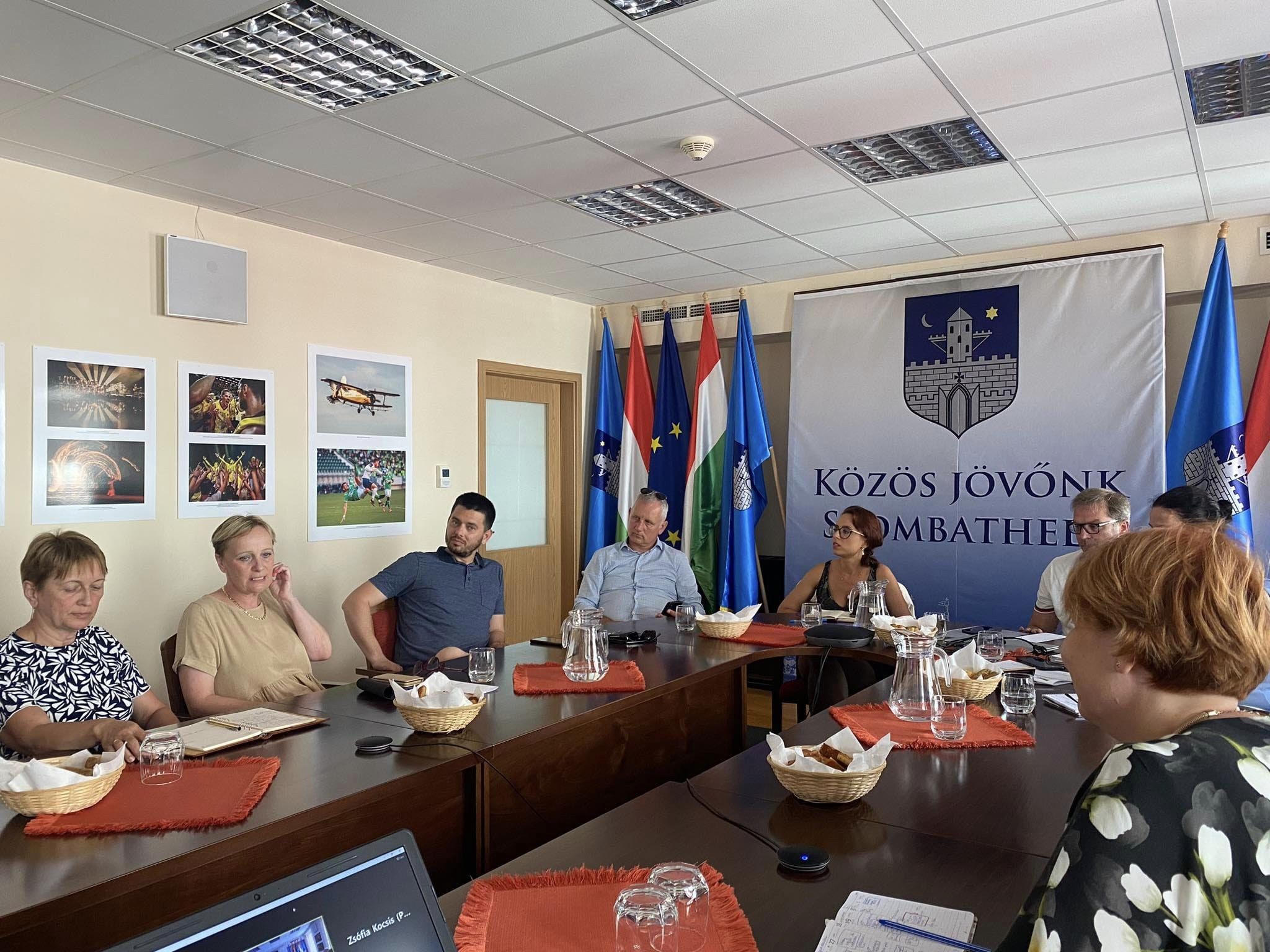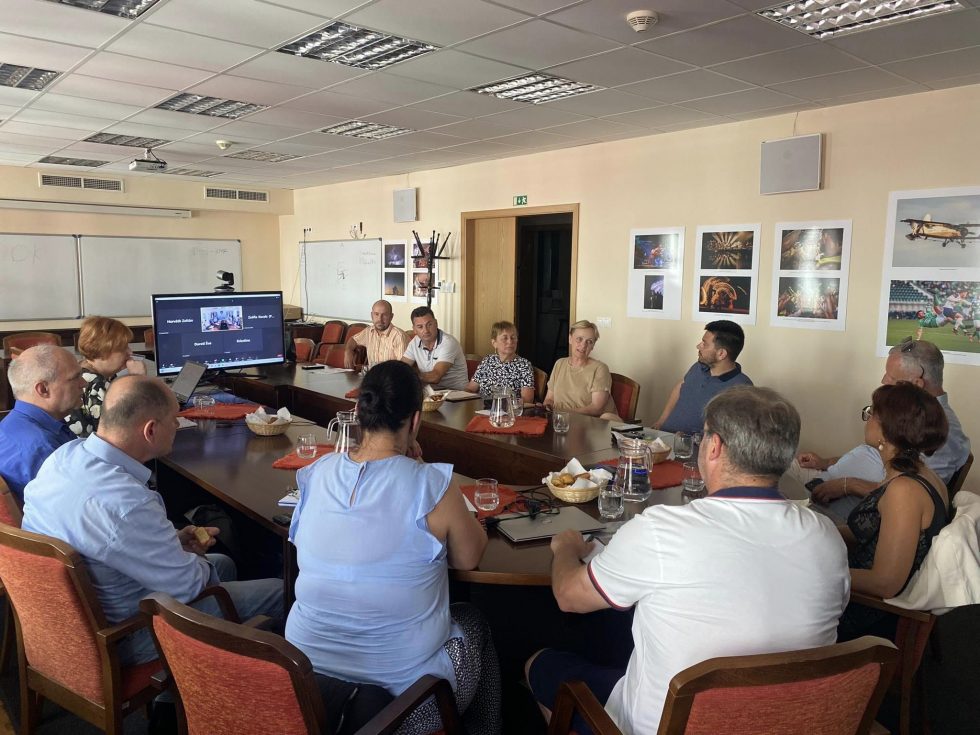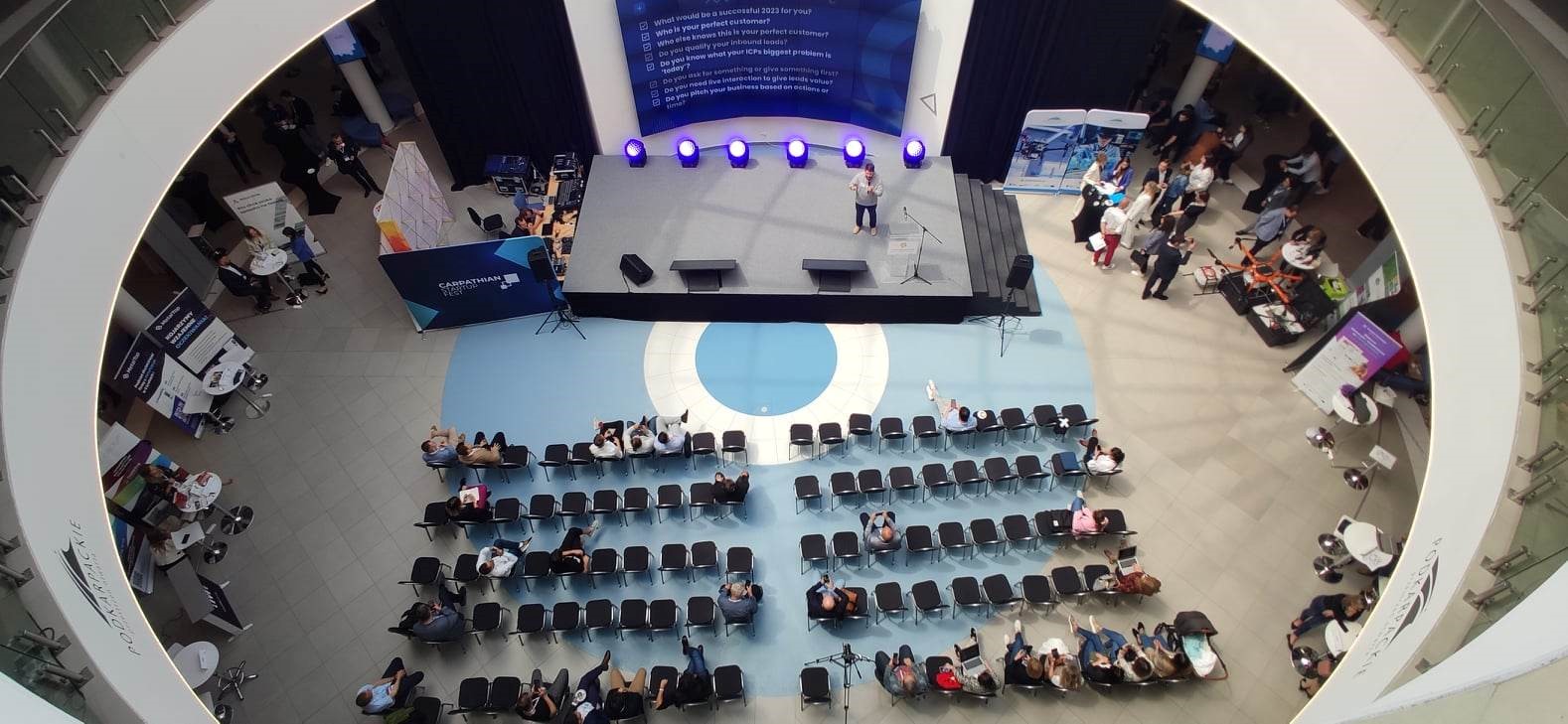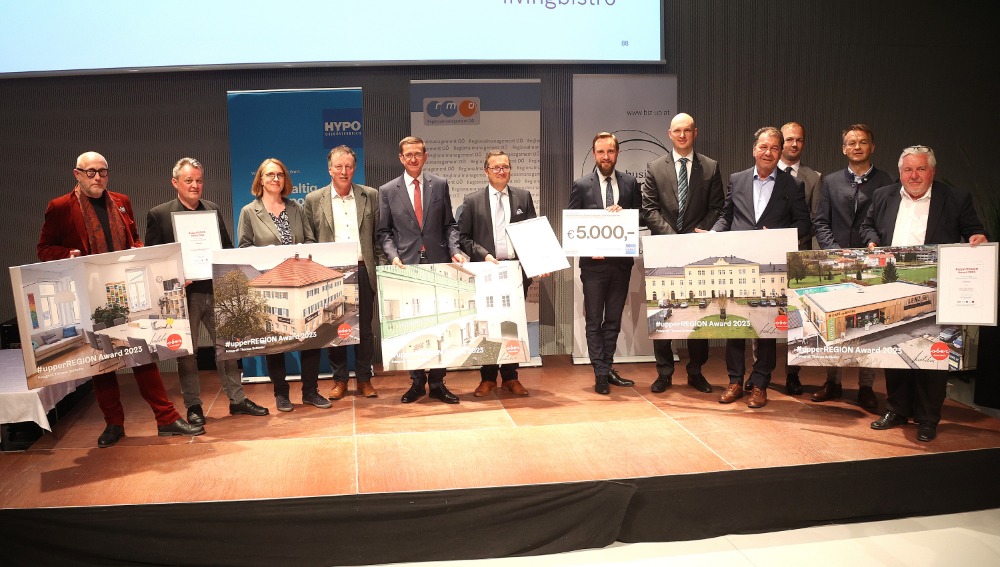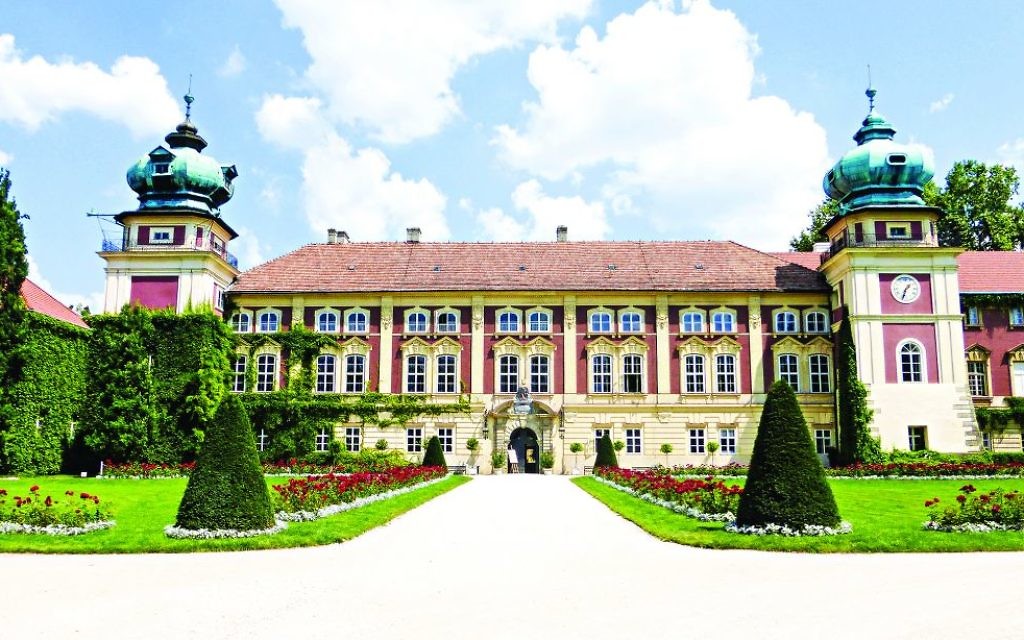The Foundation project is pleased to feature in the Interreg Europe - Policy learning Platform news story on the recent policy developments in Ireland regarding teleworking and drawing from a section of the Cork Action Plan developed within the FOUNDATION project. This story ‘Ireland – seizing the potential of remote working for rural development’ was published on the PLP on the 2nd of March 2023.
This article explored one of the trends that have been enhanced by the COVID-19 pandemic is the increase in teleworking (also known as remote working). As the public health situation worsened in 2020 and 2021, many companies and/or governments directed their employees to work from home.
According to estimates, before the pandemic, only 15% of European workers had ever teleworked, while the number jumped to 40% because of the pandemic. In early 2023 life has returned to what would be termed as ‘normal,’ however, across most of Europe the experience has left an impact. Employees have started to value the opportunity to work remotely, and businesses are becoming more experienced in how to accommodate remote workers.
Another interesting phenomenon across Ireland has been the change in the location where people prefer to work from. As working from home has become normalized, people have also been looking to move out of cities or city centers. During the pandemic, the new inflow of people led some regions and counties to consider the potential benefits and opportunities for their regional development. This was also briefly touched upon during the Policy Learning Platform online discussion about raising the competitiveness of rural SMEs during COVID-19 times. The change in the way work-life is organised post-pandemic has also led to policy changes.
The PLP article focused on steps taken by Ireland to advance opportunities in Remote Working. Developing the chance to work remotely in rural areas is high on the country’s policy agenda. Ireland’s ‘Our Rural Future: Rural Development policy 2021-2025,’ has an ambitious list of policy deliverables related to remote work.
These include:
- Significant investment in remote working infrastructure to enable more people to live and work in rural communities, with good career prospects, regardless of where their employer is headquartered.
- Financial support provision for Local Authorities to bring vacant properties in Town Centres back into use as Remote Working Hubs.
- Utilising remote working facilities to support the retention of skilled people in rural communities and attract mobile talent to rural areas
- A shift to 20% home or remote working in the public sector in 2021, with further annual increases over the lifetime of this policy.
Furthermore, Ireland also has a further specific strategy ‘Making Remote Work: National Remote Work Strategy.’ The strategy’s objective is to ensure that remote working is a permanent feature in the Irish workplace in a way that maximizes economic, social and environmental benefits.”
The article also provided information on the ‘The National Hub Network’ and ConnectedHubs.ie, as to how Ireland is connecting its remote working hubs across the country, and also how teleworking opportunities are being developed as part of the Irish regional Action Plan.
Ireland’s example has shown how the pandemic has helped policy makers to further understand that we have to be very close to our citizens and communities, when making policy decisions which can have lasting impact for the increasingly important work/life balance.


